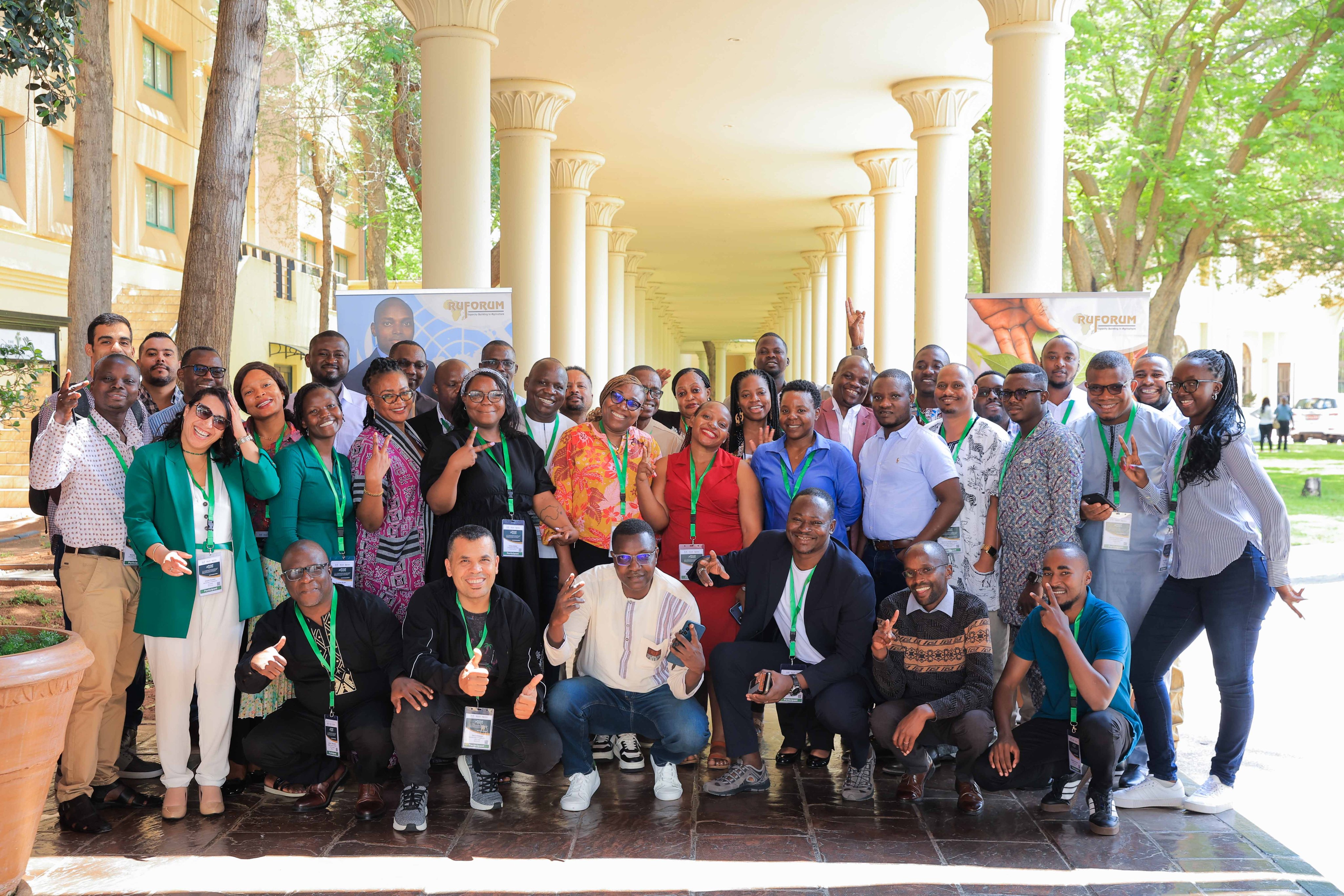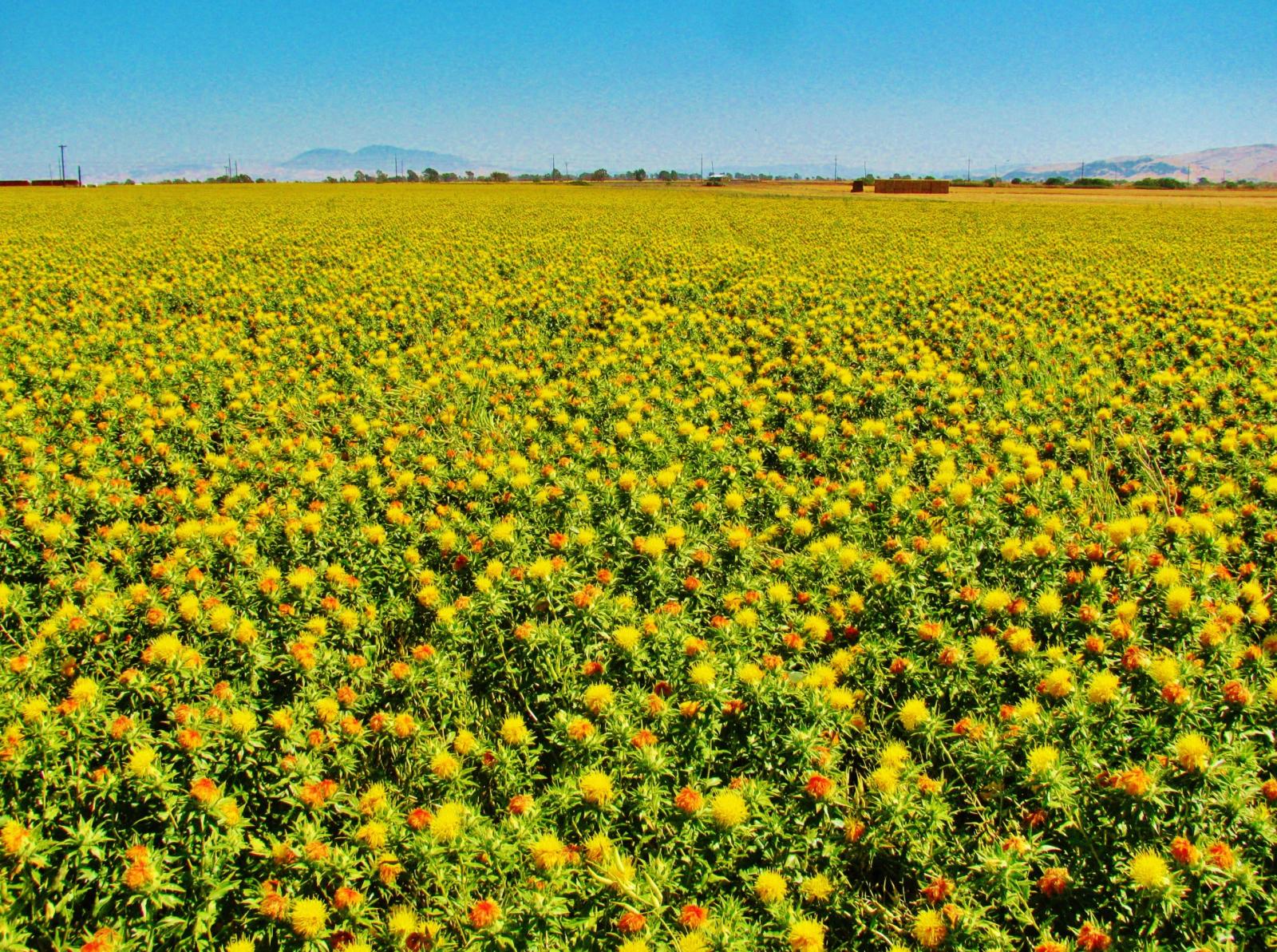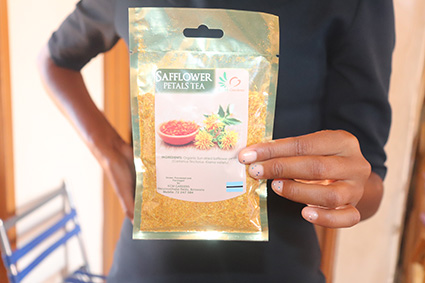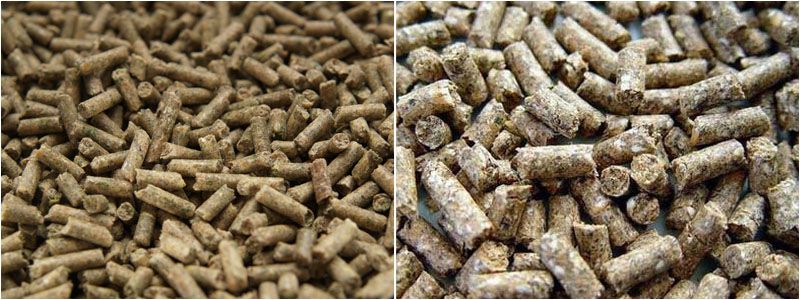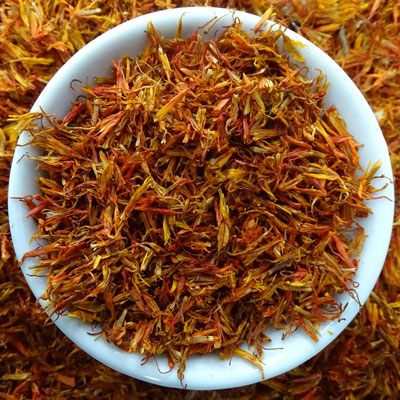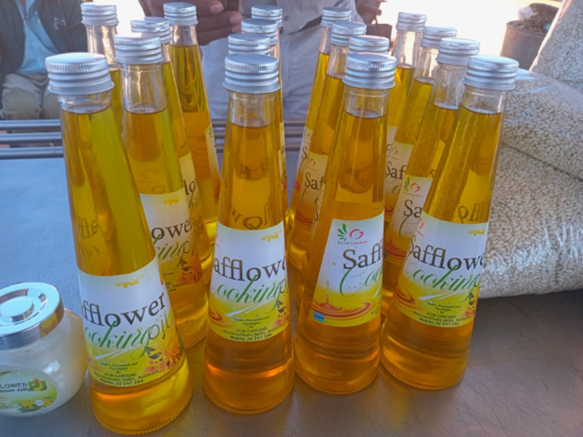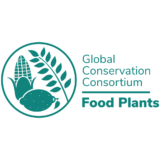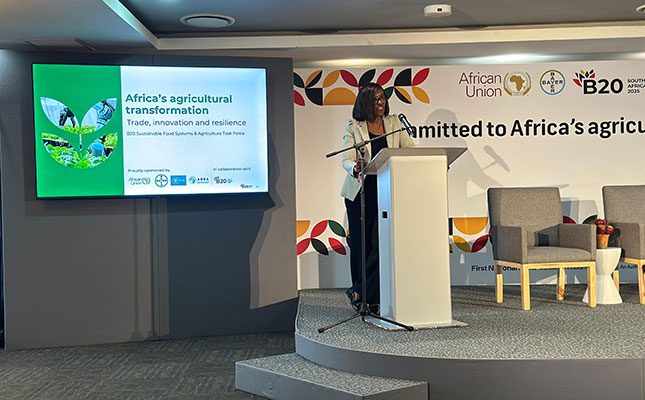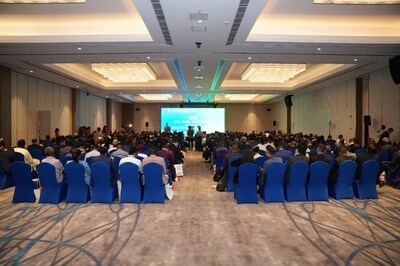24-28 November 2025. Access Agriculture, leading GFAiR's
Collective Action on Inclusive Digital Agriculture and in partnership with RUFORUM, conducted a residential workshop designed for selected early-career researchers who are affiliated to institutions of higher learning or national research institutes in sub-Saharan Africa.
This regional workshop was organised at the Songhaï Centre in Porto Novo, Benin. This, and an upcoming workshop for Anglophone African researchers, are funded by the
International Foundation for Science (IFS, Sweden).
The event brought together
25 early-career researchers from universities and national research institutions in
Benin, Cameroon, Côte d’Ivoire, Mali, Senegal, and Togo. Their shared goal: to strengthen their ability to communicate scientific knowledge in clear, accessible ways to maximise reach.
As Dr. Paul Van Mele, co-founder and international director of Access Agriculture, noted, “Agroecology is about creating shared values within society—about how we shape food systems that respect people, culture and the planet. Communication is key to making this happen.”
A central part of the workshop was the “Letter to Mother” technique, a simple yet powerful method that encourages researchers to explain their work as if they were writing to their own mother. For many participants, this exercise was an eye-opening experience. It pushed them to move away from technical jargon, express their ideas naturally, and focus on the people who stand to benefit from their research.
This approach laid the foundation for practical lessons on writing blog posts aimed at non-specialist audiences. Building on these writing skills, participants worked in small groups to turn one of their blog drafts into a short video script.
The training went far beyond theory: each researcher received a DJI Pocket camera and learned how to
conduct farmer interviews, frame shots, and edit short videos. These hands-on sessions helped demystify audiovisual communication and showed how affordable tools can be used to share research insights more widely.
The programme also explored how researchers can reach broader audiences through strategic content dissemination using appropriate social media channels. Participants learned how to publish videos on
EcoAgtube—an agroecology-focused alternative to mainstream platforms—while gaining practical experience in social media use and digital engagement.
Participants also learned how to
integrate EcoAgtube in education curricula as an educational resource and community engagement tool, bridging the gap between academic knowledge and farmer-led innovation.
One trainee described the workshop as “
a turning point in my professional career,” emphasising how it provided the skills to promote research cost-effectively and
move beyond traditional scientific publications. Many echoed similar sentiments, appreciating the user-friendly approach of the facilitators and the supportive learning environment.
Organised by Access Agriculture in collaboration with the Regional Universities Forum for Capacity Building in Agriculture (
RUFORUM), the workshop underscored the
growing importance of communication in agricultural research.
Dr Florence Mayega Nakayiwa, RUFORUM’s Deputy Executive Secretary, highlighted the need to empower young researchers with tools that go beyond academic writing: “By using audiovisual formats and social media, we can make agriculture more attractive to students and engage with society at large.”
Beyond improving personal communication skills, the workshop also helped participants recognise how existing farmer-to-farmer training videos from Access Agriculture can foster stronger relationships with rural communities and encourage participatory research.
As one trainee expressed in a heartfelt message to the facilitators, the training left many participants “completely transformed and well-equipped” to share agroecological knowledge.
Their enthusiasm reflects a broader movement: young African researchers are stepping forward to build bridges between science and society—and to help shape a more sustainable future for agriculture across the continent.




